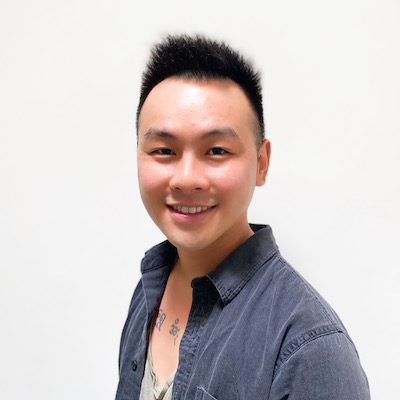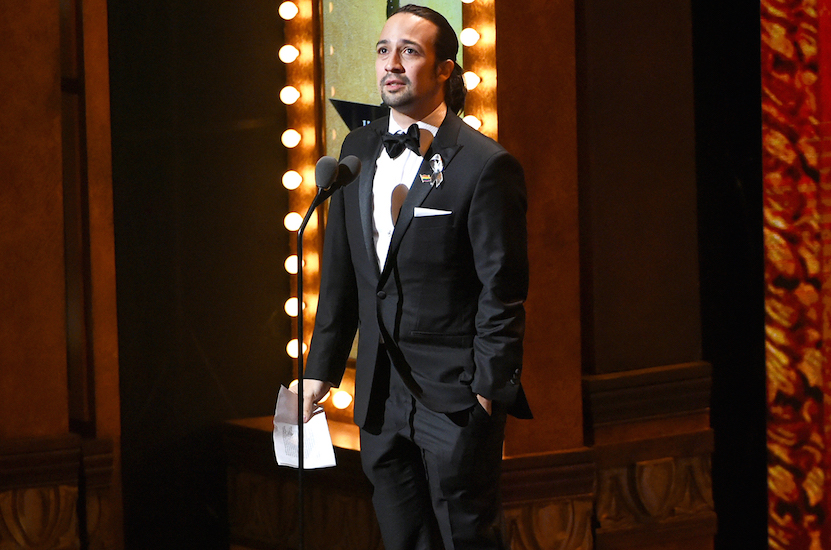This Forbes article addressing politics and natural disasters was published a month ago. At the time, the “disaster of the day” was Hurricane Irma. The article calls for the immediate recognition that the frequent occurrences of natural disasters is not merely a random phenomena and can be explained by science and the concept of global warming. The article also pointed out the ongoing wildfires in Oregon and Washington state explaining how weather conditions created an opportunity for fires to spread. Just this week, our Bay Area communities were impacted by multiple wildfires that have displaced thousands of families, burning down homes, hospitals, and hotels, and causing ongoing air quality problems that have required counties to keep all children indoors.
Whether you’re a nonprofit committed to environmental justice or an organization that focuses primarily on LGBT issues, how can you respond to climate change and natural disasters? There are appropriate methods to pivot messaging and provide targeted communications to speak to the matter at hand, drive audience engagement, and ultimately gain the support you need to fight the good fight. Therefore, a good practice for nonprofit managers is to host an open and ongoing discussion with their staff on intersectional issues. When “natural” disasters impact marginalized communities, how can an LGBT organization respond?
Perhaps we can draw some inspiration from Hamilton star, Lin-Manuel Miranda. Here is a famous songwriter, actor, and producer. He is what the media would call “Hollywood,” and yet he uses his platform in diverse ways. During an acceptance speech for Best Score during the 2016 Tony Awards, Miranda spoke about the Orlando Pulse Nightclub shooting that left 50 people dead. This was an LGBT nightclub. In his speech, he shared that “We live in this world where beautiful and horrible things exist at the same time and often on the same day. … Theater doesn’t exist without the LGBTQ community. It’s the cornerstone of our industry.” Over a year later, Miranda makes a personal plea for aid to support Puerto Ricans after the devastation of Hurricane Maria. This is how intersectionality works. Intersectionality recognizes that systems of discrimination cause overlapping experiences that disadvantage people based on social categorizations such as race, gender, religion, sexuality, class, and other groups. Intersectionality forces us to ask questions. Why was the Pulse nightclub targeted? Why is it so difficult for Puerto Rico to get federal assistance after a disaster hits? How is politics helping or harming? What can I do to make people aware and inspire them to act?
Many organizations struggle with branding and messaging, and sometimes that causes managers to stay silent on some issues. Social Change Consulting is committed to intersectionality and would welcome opportunities to collaborate with nonprofits who are also interested in furthering social justice.
Photo Credit: Billboard

Adam (s/he, him) has a decade of nonprofit program experience working with immigrant and low-income communities. His areas of expertise range from refugee resettlement, legal advocacy, civil rights curriculum, LGBTQ organizing, and HIV education. Adam’s expertise lies in program development, implementation, and assessment. Adam is a foster parent and loves creating art. His small retail shop, The Garden Home, is a medium in which Adam can evolve and share his art.
